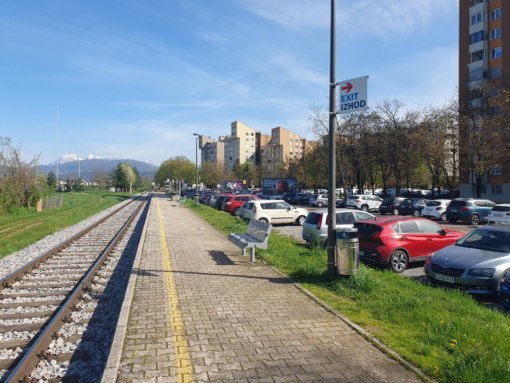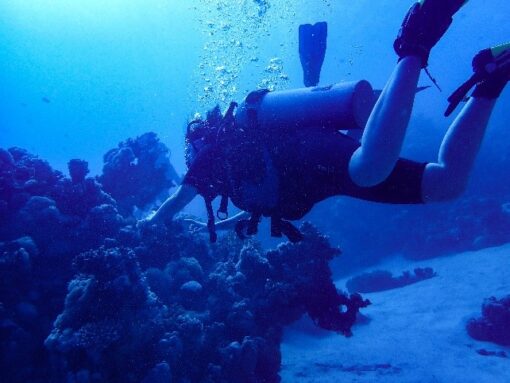Each of us has great power and it gets even greater when we act together. With this message in mind, molecular biologist Riccardo Trapannone and his colleagues started to promote sustainability at the Max Perutz Labs. Their data showed: Up to 50 per cent of the total waste from research labs could basically be recycled.
A new year had just started and I came back to Vienna after a short holiday break. This year, besides the usual conversations about food, the main topic discussed with my colleagues, was the weather. Everyone, regardless of which country they visited, agreed that it was a surprisingly warm New Year’s Day. Unusual weather conditions are becoming more and more frequent. Climate change is real and there is little time to revert this trend without facing serious consequences. Everyone, at any level, can contribute.
How to plan and promote a sustainability plan?
I am a postdoctoral researcher at the Max Perutz Labs. A little more than two years ago I became part of a group of employees (Climate@MaxPerutzLabs) who felt the need to make research at our Institute more sustainable. At that time, we had to start almost from scratch. How to organise the group? What are the priorities? How can we share our ideas and communicate them to people?
Data collection and communication
One of our first initiatives was to send a questionnaire to the entire Institute to collect data about mobility, business flights, recycling habits and equipment usage. We were very pleased to find out that most of the people who participated in the survey declared that they are concerned about the environment and willing to make changes in their working habits. We also received very constructive feedback and ideas that contributed to prioritising certain topics and improving other aspects we had not thought about.
In the meanwhile, the COVID-19 pandemic started and we thought it would be a good idea to take advantage of the popular Zoom platform for organising talks about the environment and sustainability. Having regular lectures raises awareness about the topic and allows everyone to learn from experts in the field. We invited climatologists and sustainability experts from Austria and from all over the world. Most of our talks were recorded and shared on our YouTube channel. Stay tuned, because other exciting seminars will be organised very soon.
How to reduce the waste in research labs?
One of the most inspiring talks we hosted was given by our collaborators from the Green Labs Austria, who started recycling plastic in some research labs at the University of Vienna. Following this model, we set up a pilot experiment in a few representative labs and collected different types of plastic for a few weeks, measuring how much can be recycled. When I introduced the new system to my lab, I knew it could be a bit tedious. Therefore, I prepared a cake to provide my colleagues with some motivation. For a few days, I ran around the lab checking that everything was separated properly, so that I even gained the nickname ‘plastic police’. But when the test phase was over, I was positively surprised to see that everyone had gotten so used to separating every single piece of plastic that they did not want to stop anymore and they felt ‘guilty’ without recycling. This was a very gratifying response, giving me and the Climate Group more motivation and support to continue our activities. Our data showed that up to 50 per cent of the total waste could basically be recycled. There are still some challenges to face, in particular the safety regulations that apply to waste coming from research labs. While working on the implementation of the recycling system, we are also promoting the replacement of certain plastic items with reusable glass alternatives. We should keep in mind that recycling is good, but that reducing and reusing are even better.
– Reuse, reduce and recycle materials and consumables whenever possible
– Replace single-use plastic with glass alternatives
– Switch off equipment and lights when they are not in use
– Increase the temperature of – 80° C freezers to – 70° C
– Buy from companies that reduce the amount of packaging
What comes next?
In the meanwhile, a lot of changes are taking place at the Max Perutz Labs and at the University of Vienna. The initiatives of the Climate Group can be found on our website. What I have learnt from this experience and my take-home message for the readers is that it is important to start making changes towards sustainability in our workplace and personal life as soon as possible. Each of us has great power and it gets even greater when we act together.



